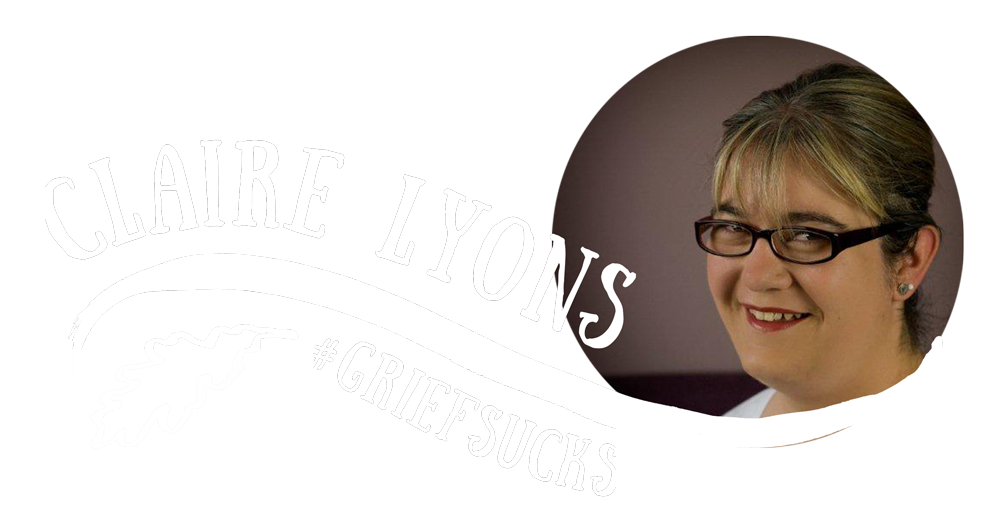Anger is a very common experience during grief, and it’s a tricky one as it can manifest in different ways. It can also lead to feelings of guilt, another doozer for all us well behaved, adaptive children to handle.
If you find you experience very negative reactions to having ‘bad’ emotions like anger; I’d recommend learning about Transactional Analysis. It’s a way of looking at relationships between adults and how we react and respond to each other, often based on how we saw the world as children.
It’s possible you’re angry with yourself.
This is a good time to explore counselling of some sort, where you can release thoughts and feelings in a safe and confidential space. Finding a person you feel comfortable with may take time. Firstly, ask for recommendations, then check their credentials/qualifications. Always agree a price before starting.
Private sessions are likely to cost around £25 – £45 per hour and are often weekly. Free sessions, usually via a charity, are more likely to be time limited, perhaps 6-8 weeks. Only you can know which route is best for you. Do consider location, travel time and be careful that there is ‘space’ between the end of a session and your next task.
Lots of helplines either online or to call are available in the moment. Some are very specific, and other very general, find what you need here www.thegoodgrieftrust.org.
You may be angry with the situation.
Your bereavement may be unfair, unjust or frustrating in any number of ways. If there is an issue wider than your personal situation, this might be the time for positive action. It could include:
- Starting a petition
- Write your MP
- Start a campaign or raise awareness of a specific situation
- Fundraise for an organisation already working in that area
While these actions can be very empowering, and have amazing outcomes please remember to take care of yourself. Being ‘busy’ is a common trauma response and needs careful management.
Feeling angry with your loved one.
If you’re angry with your person, that’s really tough. It’s also not always rational, but that’s fine too. If you have legitimate reason to be pissed at them or not, it doesn’t really impact the feelings. They are what they are. Often people are angry at being left behind, or at a person for doing something stupid/unhealthy/high risk… Suicide is likely to exacerbate those feelings too.
Physical exercise can be one way to try and release that powerful energy and emotion in a safe way. Boxing (running, zumba, wild swimming), any way to get the adrenalin out. Activities can be done alone, enjoying the peace, or in a group enjoying the social aspects.
They may also benefit your own physical and mental wellbeing, what a bonus!
No obvious reason…
Not knowing why you’re feeling anger is also annoying likely. This is where journalling can be useful. Getting our thoughts and feelings out and onto paper in some form can bring a bit of perspective. Ideas include a written journal you keep, a scrap journal you write and then destroy (paper shredding is very therapeutic) or an art journal perhaps?
You can set the boundaries of how, when and what you do. It could be you have more than one. A ‘dark’ journal for thoughts you need rid of and don’t wish to read back, and a ‘light’ journal for happy memories you want to keep.
This journal example is available from us…
Often people get angry with those around them too. Give yourself space and learn to to ask for what you need. This previous post might help?
Anger is normal, but that doesn’t make it easy. Joining a community of understanding people can be a real help. Don’t forget you can keep in touch via the Facebook Page if you prefer more communal support.

